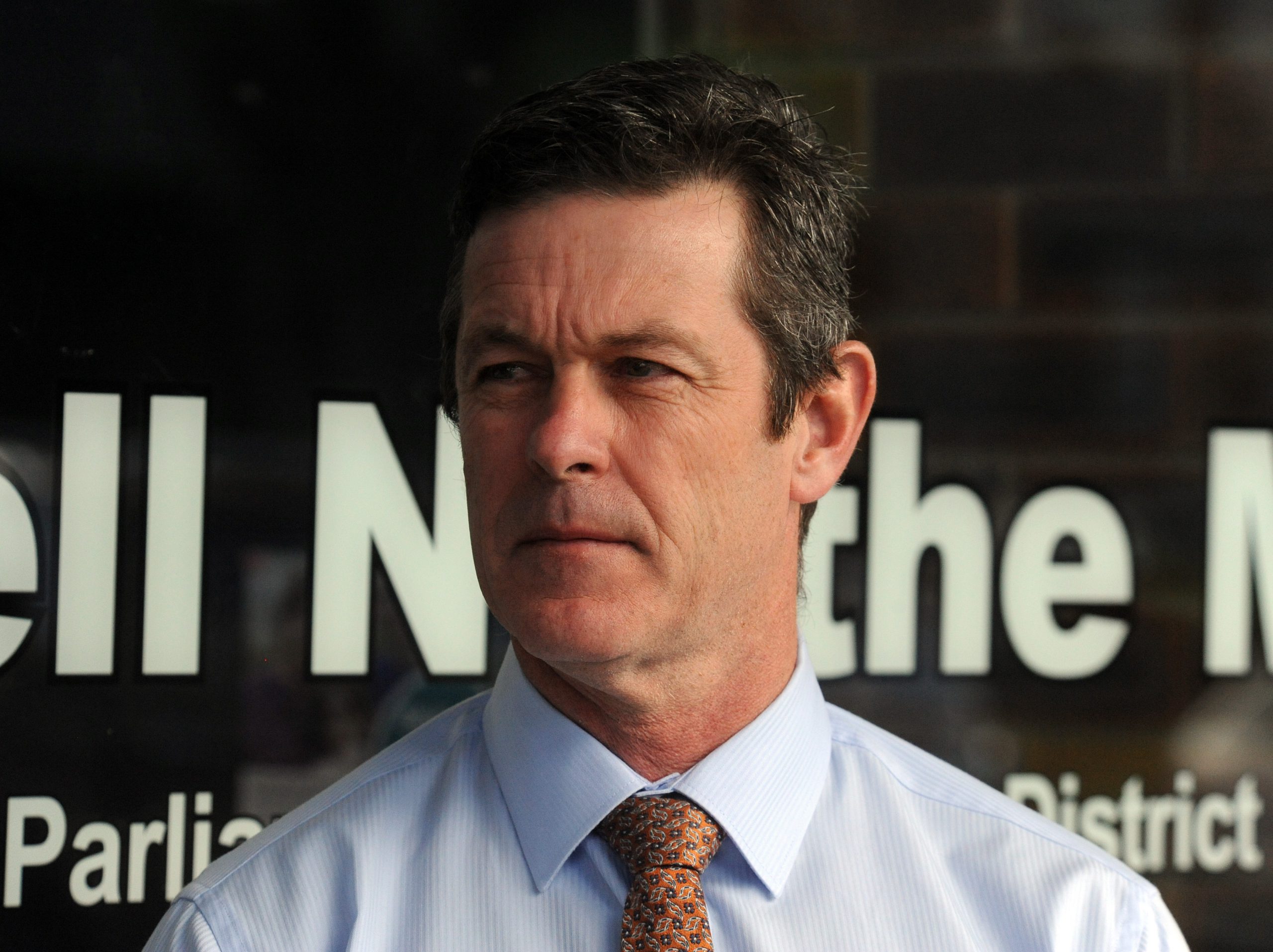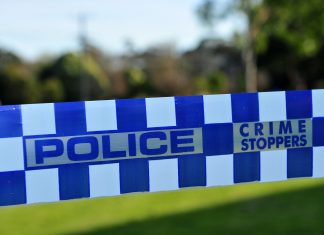A controversial assisted dying bill passed the lower house of the Victorian Parliament last week after more than 25 hours of debate.
The bill will allow terminally ill patients meeting specified criteria to apply to gain access to lethal medication which patients would self-administer.
Upper house MPs will vote on the bill next month and if successful, voluntary euthanasia could be legal in Victoria within 18 months.
Member for Eastern Victoria Harriet Shing said it was evident that individual MPs were trying to do the right thing irrespective of where they stood in the debate.
“It is an issue that has encouraged parliamentarians from all sides of the debate to do their very best,” she said.
“People have put an enormous amount of effort into understanding the depth and breadth … of this issue.”
Ms Shing will participate in the upper house vote in the coming weeks.
“My contribution comes off the back of many, many months of work to understand the medical, ethical, social, faith-based and personal elements of a bill to enable voluntary assisted dying,” she said.
“My view is that I will be supporting the bill. It reflects the expert panel’s report and the recommendations made in that report.
“After digesting this report and the parliamentary enquiries report as well as talking with people throughout eastern Victoria extensively and hearing from individuals and organisations who have everything from personal experience to very significant levels of expertise, it is my view that the bill as proposed strikes a careful and well-considered balance in providing safeguards for … Victorians in certain and very limited circumstances to exercise their own free will and self-determination around the way in which they die.”
Member for Morwell Russell Northe said he was not against the notion of assisted dying, however voted against the bill as he felt the bill could be strengthened further.
“I was open to either side of the argument, but I’m really concerned about the legislation and I felt that some of the safeguards could have been strengthened. Unfortunately, the government weren’t prepared to accept any of those amendments that in my mind would have been strengthened the bill,” he said.
“When you are in the position of a decision-maker or policy-maker you have to consider the legislation and make sure there aren’t any unintended consequences. In my view I felt [the bill] could have been strengthened further.”
Mr Northe’s concerns around the bill included the security of the lethal substance.
“I have concerns about self-administering the substance and the potential if somebody within a community didn’t have a close network of family and friends, there is the potential that they could die alone and there would be no knowledge of that person taking the substance,” he said.
“In effect, if a person met all the criteria and ticked all the boxes they could go to the pharmacist and have a substance sitting in a locked box at home. There is concern around the security of that substance and how it could be taken.
“I have concerns around the fact that when you are talking about incurable illness, that people who are currently undergoing treatment could potentially stop that treatment and then qualify for this legislation.”
Mr Northe said the debate was performed in a very respectful manner and caused Labour Party and opposition members to cross the floor on both sides.
Member for Narracan Gary Blackwood voted against the bill.
“I do have a real concern about heading down this path when I think if we put more money into palliative care and ensure everyone has access to good, quality palliative care it would be a far safer alternative for people,” Mr Blackwood said.
Member for Eastern Victoria Melina Bath said she had not yet formed a position on the bill.
“Based on the Legislative Assembly there will be multiple amendments put forward. I would like to consider each one of those when they are put forward, so I am reserving my position at this point,” she said.











